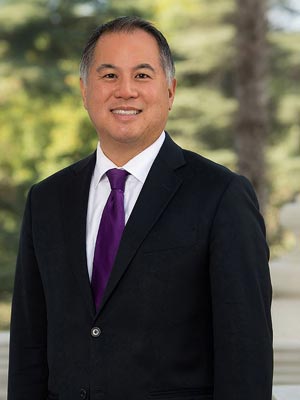May 22, 2024 - At a time when California is facing a large budget deficit, the state Assembly on Tuesday approved AB 2178 by Assemblymember Phil Ting 
“The passage of my legislation comes at a crucial time, as California grapples with severe budget constraints. It’s fiscally irresponsible to maintain such high levels of unused prison beds at taxpayer expense when schools, social safety net programs, transportation and other priorities are on line,” said Ting.
As a result of a declining prison population over the last decade, there are currently 15,000 state prison beds going unused, incurring unnecessary staff and maintenance costs. The non-partisan Legislative Analyst’s Office (LAO) estimated in a recent report that our state could save $1 billion annually by closing five prisons and up to an additional $2 billion in capital cost savings.
AB 2178 proposes a gradual approach to reducing the empty bed buffer to 2,500 beds. In urgent cases, the Department of Corrections and Rehabilitation (CDCR) Secretary can ask the Legislature to temporarily increase the empty bed count. This measure also addresses the disproportionate growth in CDCR’s budget, which has escalated from about $10 billion a year to approximately $15 billion in recent years, despite a more than 40% drop in the number of people incarcerated. Consolidation and closures of facilities aim to optimize state spending and improve Corrections management - a course of action the state of New York has successfully taken and can be replicated in California without risk to public safety.
"AB 2178 is a sensible step toward reducing surplus capacity at CDCR. That money should be reallocated to vital social programs that have faced devastating cuts,” said Brian Kaneda, Deputy Director of Californians United for a Responsible Budget (CURB), one of 120 organizations supporting the bill.
Ting’s legislation now heads to the Senate. All bills must get to the Governor’s desk by the August 31st deadline.
Source: Assemblymember Phil Ting








